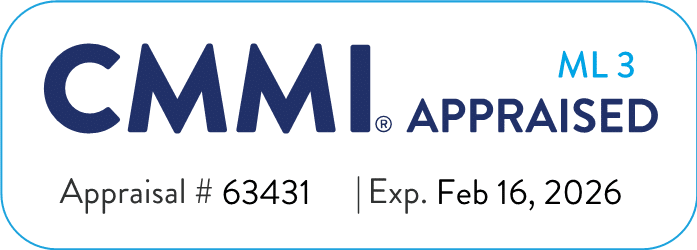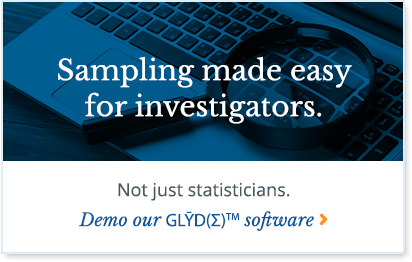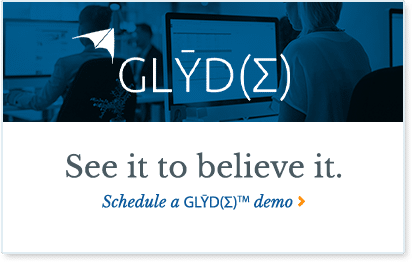One good way to measure the effectiveness and efficiency of a Special Investigative Unit (SIU) is to determine its return on investment (ROI). While some companies may conduct routine evaluations of their SIUs, one area that is hidden and thus difficult to measure is the existence of wasted investigative man-hours, or, what we call, investigative leakage. If left uncorrected, this will cause a continued waste of SIU resources that will yield little or no results, and take away time from other higher priority investigative work. As a result, the leakage will have a negative impact on the ROI of your unit. There are three main stages of the investigative cycle where leakage can occur. Identifying these areas will help provide its fix.
Stage I
Stage I is the handling of the predication of the case. There are many sources to initiate healthcare fraud investigations, such as complaints from the insured (i.e. beneficiaries), confidential sources, data analysis, or public sources, like social media. Not every allegation of fraud contains equal weight or credibility, so once you receive the allegation and before investing any significant resources, the first step is to determine whether your SIU actually needs to conduct an investigation. With very minor effort, whether one or two very short interviews with the source or a brief claims review, you can determine whether the allegation has a basis of validity. If it is invalid (i.e., unprovable), you can discontinue your efforts and plug your time leak before it even starts.
Stage II
If the allegation appears to be valid, you have entered Stage II of the investigative cycle, which is to round out the allegation with a preliminary investigation. You should determine whether the case meets established investigative guidelines, and/or involves quality of care for a patient. The goal at this stage is to understand the depth and breadth of the issue in order to prioritize the case. Steps to be taken at this stage can include:
- contacting law enforcement to determine if they have already had a pending matter (you don’t want to step on an active law enforcement case)
- reviewing prior similar complaints to determine if the allegation pertains to a one-time occurrence or pattern of illegal activity
- identifying corroborating witnesses for additional information
- conducting a deeper review of records, such as submitted claims, for patterns of potential improper claims
At this point, you can work with your manager to make a determination whether the investigation should continue or be handled through administrative actions (e.g., seeking overpayments and/or providing education, as appropriate).
Stage III
If you determine there is a strong indication of fraudulent activity, you will enter Stage III: proceeding with a full-field investigation. Since full field investigations can be lengthy and complicated with the use of many different investigative techniques, it is an area that is vulnerable for investigative leakage. In simple terms, the longer an investigation goes on, the greater chance for scope creep, unnecessary investigative steps, and in some cases, overkill. To avoid these pitfalls, the investigator along with the manager should develop an agreed-upon organized plan of action. The plan will set out specific actionable items and milestones, including what resources will be needed, what documents should be gathered and reviewed, and what steps will be necessary to find other possible evidence to potentially establish organized activity involving other individuals. Deadlines for reaching milestones should be established to ensure the case remains on course and completed in a timely manner. This prevents the risk of reaching the point where it is too “aged” to be of interest for prosecution or administrative action.
Being aware of the possibility of investigative leakage at all stages of an investigation can help your staff avoid unnecessary work, which will have a negative impact on your overall ROI. On the contrary, making the best use of your resources will produce the results by which your SIU is measured. Time is money. Spend your investigative resources wisely!
IntegrityM’s Investigative Services
If the task seems daunting, IntegrityM can help. Our investigators combine sophisticated data analysis with key informant interviews and a rigorous review of legal and regulatory requirements to examine and resolve complaints and allegations of fraud and abuse. With decades of experience, IntegrityM investigators have contributed to the identification and resolution of numerous program irregularities, leading to law enforcement and OIG case referrals. To learn more about our investigation services, or how we can enhance your team, call us at (703) 535-1400, or contact us online.











